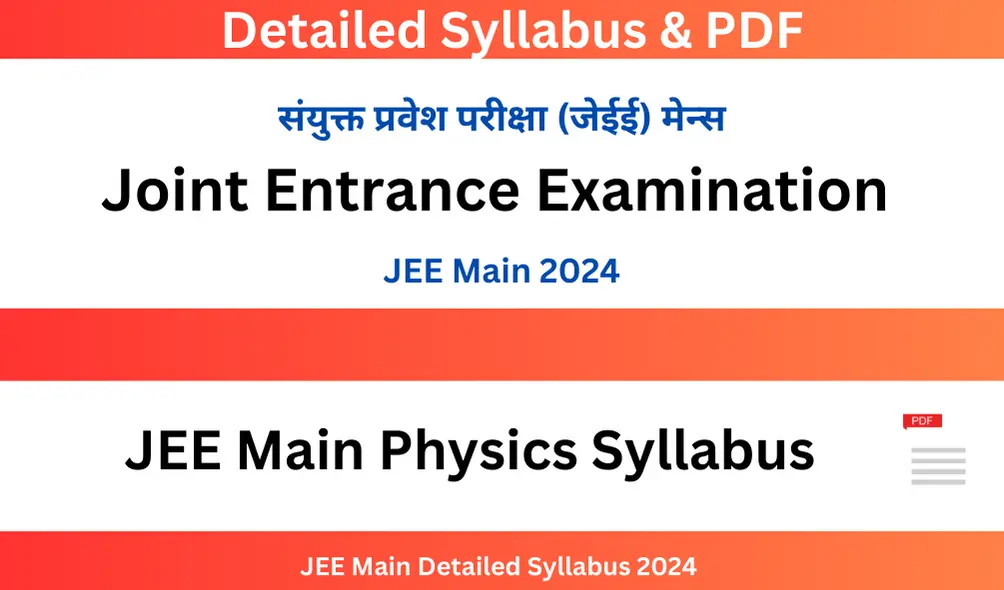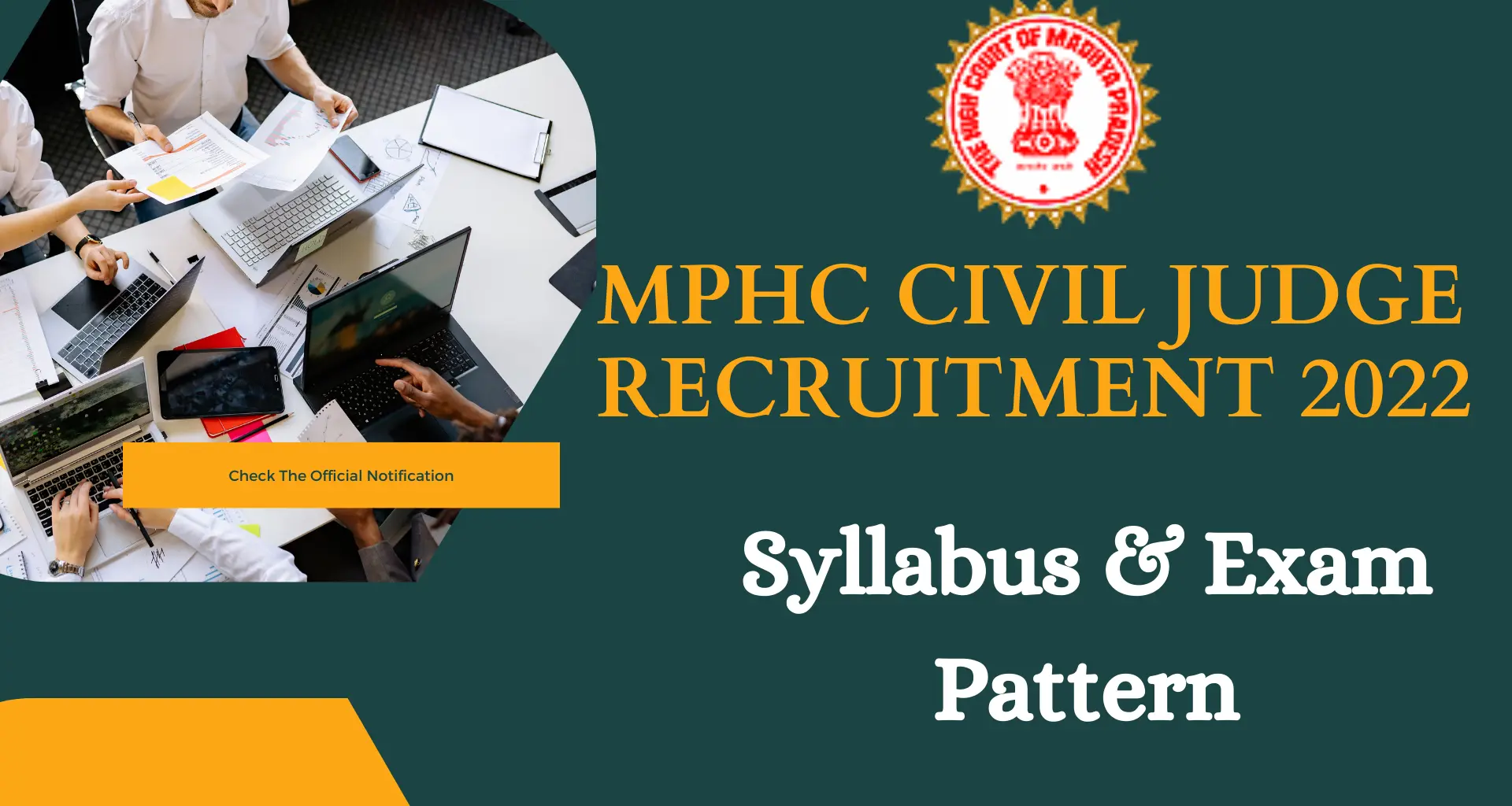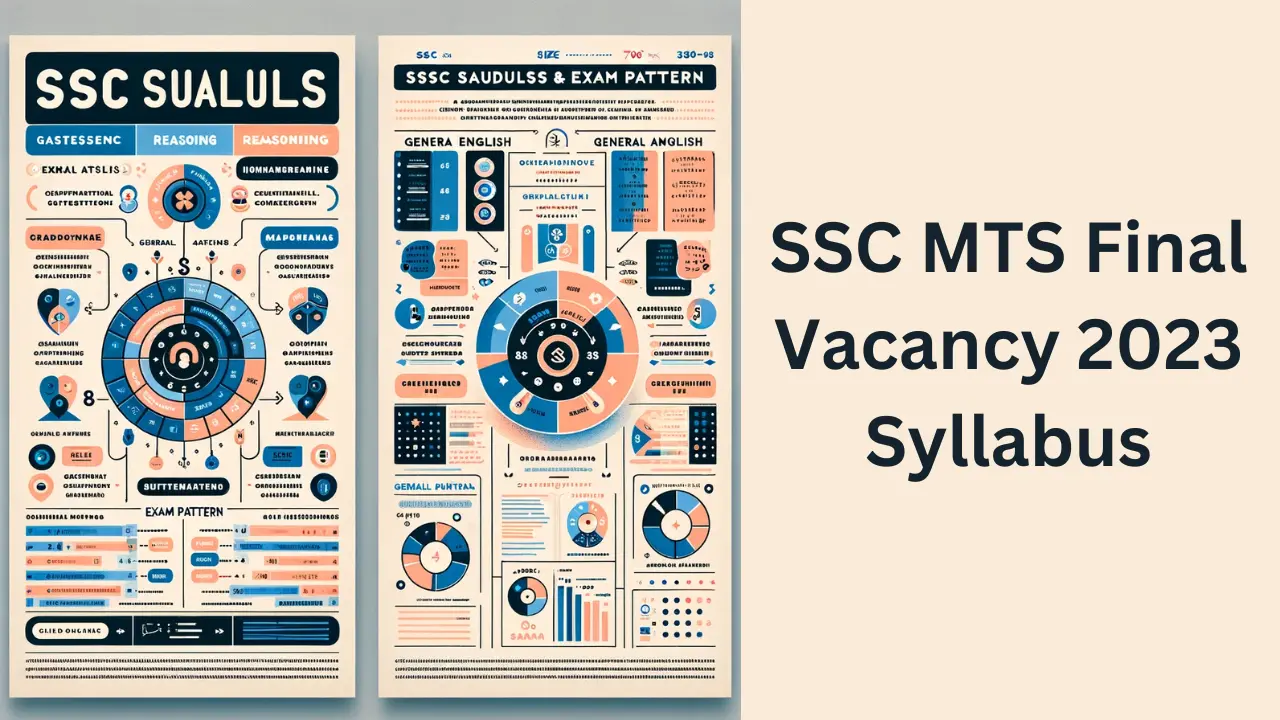The Joint Entrance Examination (JEE) Main is a watershed moment for engineering students all throughout India. As we approach 2024, it is critical for students to become familiar with the Physics syllabus in order to adequately plan their studies. This page compiles information from multiple trustworthy sources to provide a comprehensive picture of the JEE Main Physics Syllabus for 2024.
Overview of the JEE Main Physics Syllabus 2024
The JEE Main Physics Syllabus for 2024 covers a wide range of topics meant to assess students’ depth of understanding and application skills. Here’s what you should know:
Unit 1: Physics and Measurement
- Introduction to Units of Measurement
- Systems of Units: SI Units, Fundamental and Derived Units
- Understanding Least Count and Significant Figures
- Measurement Errors and Accuracy
- Dimensional Analysis and Its Applications
Unit 2: Kinematics
- Reference Frames and Motion in a Straight Line
- Graphical Analysis: Position-Time and Velocity-Time Graphs
- Speed and Velocity: Concepts of Uniform and Non-uniform Motion
- Accelerated Motion: Equations and Graphical Representations
- Vectors in Physics: Addition, Subtraction, and Products
- Relative Velocity and Motion in Two Dimensions
- Projectile Motion and Uniform Circular Motion
Unit 3: Laws of Motion
- Newton’s Laws of Motion and Their Applications
- Momentum, Impulse, and Conservation of Momentum
- Equilibrium of Concurrent Forces
- Friction: Static, Kinetic, and Rolling
- Dynamics of Circular Motion: Centripetal Force
Unit 4: Work, Energy, and Power
- Work Done by Forces: Constant and Variable
- Energy: Kinetic and Potential
- Work-Energy Theorem and Power
- Conservation of Mechanical Energy
- Collisions: Elastic and Inelastic
Unit 5: Rotational Motion
- Centre of Mass and the Basics of Rotational Motion
- Moment of Force, Torque, and Angular Momentum
- Conservation of Angular Momentum
- Moment of Inertia and Its Calculations
- Dynamics of Rotational Motion
Unit 6: Gravitation
- Universal Law of Gravitation
- Gravitational Potential and Potential Energy
- Kepler’s Laws and Planetary Motion
- Satellite Motion: Orbital Velocity and Period
Unit 7: Properties of Solids and Liquids
- Elasticity and Stress-Strain Relationships
- Fluid Mechanics: Pressure, Buoyancy, and Pascal’s Law
- Viscosity and Flow Dynamics
- Surface Tension and Capillarity
- Thermal Properties and Heat Transfer
Unit 8: Thermodynamics
- Thermal Equilibrium and Temperature
- First Law of Thermodynamics
- Isothermal and Adiabatic Processes
- Second Law of Thermodynamics
Unit 9: Kinetic Theory of Gases
- Ideal Gas Equation and Kinetic Theory Assumptions
- Pressure and Temperature Relations
- Degrees of Freedom and Specific Heat Capacities
Unit 10: Oscillations and Waves
- Simple Harmonic Motion and Wave Motion
- Superposition Principle and Wave Interference
- Standing Waves and Resonance
- Sound Waves and Doppler Effect
Unit 11: Electrostatics
- Electric Charge and Coulomb’s Law
- Electric Field and Potential
- Gauss’s Law and Its Applications
- Capacitance and Energy in Electric Fields
Unit 12: Current Electricity
- Electric Current and Drift Velocity
- Ohm’s Law and Electrical Resistance
- Series and Parallel Circuits
- Kirchhoff’s Laws and Circuit Analysis
Unit 13: Magnetic Effects of Current and Magnetism
- Biot-Savart Law and Ampere’s Law
- Forces on Charges and Currents in Magnetic Fields
- Magnetic Properties of Materials
Unit 14: Electromagnetic Induction and Alternating Currents
- Faraday’s Law and Lenz’s Law
- Inductance and AC Circuits
- Power in AC Circuits and Electrical Machines
Unit 15: Electromagnetic Waves
Maxwell’s Equations and Displacement Current
Characteristics of Electromagnetic Waves
Electromagnetic Spectrum and Applications
Unit 16: Optics
- Reflection and Refraction
- Lenses and Mirrors
- Wave Optics: Interference and Diffraction
- Polarization of Light
Unit 17: Dual Nature of Matter and Radiation
- Wave-Particle Duality
- Photoelectric Effect and Quantum Hypothesis
Unit 18: Atoms and Nuclei
- Atomic Models and Spectra
- Nuclear Structure and Radioactivity
- Nuclear Reactions: Fission and Fusion
Unit 19: Electronic Devices
- Semiconductors and Diodes
- Transistors and Logic Gates
- Electronic Circuit Applications
Unit 20: Experimental Skills
- Measurement Techniques with Vernier Calipers and Screw Gauge
- Experiments on Mechanics, Heat, Waves, and Electricity
- Use of Laboratory Instruments for Experimental Physics
Download PDF
Conclusion
The JEE Main Physics Syllabus for 2024 is your road map to success in one of India’s most difficult tests. Utilize the tools available, grasp the importance of various topics, and prepare diligently to make your IIT goal a reality.
Related Post Visit Now





